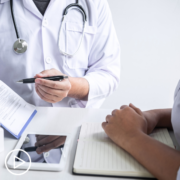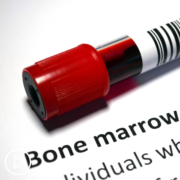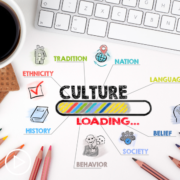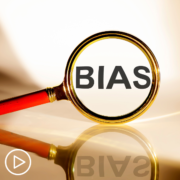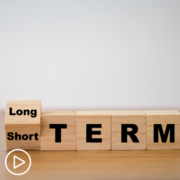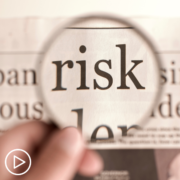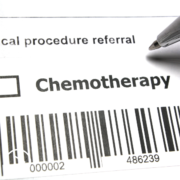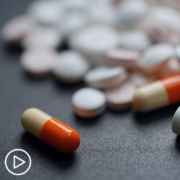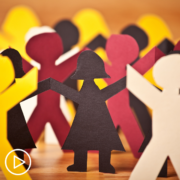Advocacy Tips from an AML Patient from Patient Empowerment Network on Vimeo.
AML patient and Empowerment Lead, Sasha Tanori, shares her advocacy tips, and the importance of being honest and open with your oncologist.
See More from [ACT]IVATED AML
Related Resources:
Transcript:
Sasha Tanori:
Okay, so my number one thing, I guess I could…a tip sort of that I can give to women specifically or non-gendered people, if you want kids, I would definitely say to talk to your doctor as soon as you find out, even before you start doing the chemo, if you can just really, really talk to them and see, I think there’s anything that they can do for preserving your eggs for the future, because even though it may seem like you know it’s just no, not big deal. Not everyone gets the opportunity again. I know there are some people out there who might be able to, but it’s not a guarantee. And it sucks to have that opportunity kind of taken from you in a way, and I know it’s not something that you’re thinking like, “Oh well, it’s life for death.” And…yeah, I understand, and I get that, but in the moment, it may feel that way, but you never know how are you going to feel five, six years down the line when you’re pushing 30 and you’re like, “Oh my gosh, My opportunity is gone. You know, there’s nothing I can do about it.”
So that would be my number one tip. Definitely to be honest. Be honest and open with your oncologist, find some type of tips or tricks, or even if you just need someone to talk to about the infertility…it’s definitely worth it. Another thing I would say is to be really, really open with your oncologist about everything you’re going through. Nothing is too embarrassing and I know that’s a lot easier said than done, but I think being honest about what you’re going through, whether it’s mentally, if you’re going through depression, anxiety, if you’re having suicidal thoughts or tendencies, that’s definitely something you should talk to your oncologist about, so they can help you reach out to find some type of counseling. Mental health is very, very important when it comes to this. Your mental health will make or break you during this journey, and you have to find some type of close community, whether it’s your friends, your friends, your family, or just your oncology team, like someone that you could reach out to and talk to about everything, lay it all on the table and now I’m feeling guilty because I survived that my friend didn’t, or I’m feeling anxious because I have the scan coming up, and this is the third one in like two months, you know? There’s so much things that are going on in your head and to keep it to yourself, it’s a lot and it’s not fair to you, you need to be able to speak up and tell people what you’re going through, it doesn’t matter who it is if it’s your friend, your mom, even your oncologist, but they’re going to understand and they’re going to help you.
There are lots of resources out there that will definitely make this a lot easier. Another tip I would say is, talk to your oncologist about the good, the bad, and the ugly when it comes to your side effects because if you stay quiet about it, you’re going to really regret it. There have been many times where I was just too embarrassed to be like, :Oh you know what, I have this really bad rash on my butt, and I don’t know what to do about it.” So finally, they’re like, “Why didn’t you say something? Oh yeah, we can give you a cream, or we can do this or that for you.” And you’re just like, “Oh, okay, that feels so much better. Thank you.” But at the time, you’re probably just like, “Oh my God, I’m so embarrassed, I don’t want anybody to know about this. I don’t even want to tell my parents, I don’t want to tell my friends.” But I mean, this is all related to your cancer journey, one bad side effect can lead to something else, which could lead to something else. So it’s very, very good to try and be open and honest when it comes to your side effects, your emotions, your body, if you’re gaining weight or losing weight, if you’re losing your hair again, if you’re losing your eyebrows, you know talk to them, find out if there’s any solutions that can help because…
It’ll definitely make a big difference. I would say definitely another big thing would be to try and build a community through social media. Having friends or even just strangers on your feed that you see go through the same things you go through makes you feel so much less alone. I have been able to… I’m very happy that I’ve been able to make friends on social media through Instagram, Facebook, Twitter, just start adding everybody goes on Facebook groups that are specifically for AML, so you can just type in AML recovery, AMLl survivors, AML, family groups, caregivers. There’s a lot of things out there that are definitely beneficial and it helps to talk to others about it, so you feel less alone. Definitely. So I think those would be my biggest tips for expressing your advocacy.

